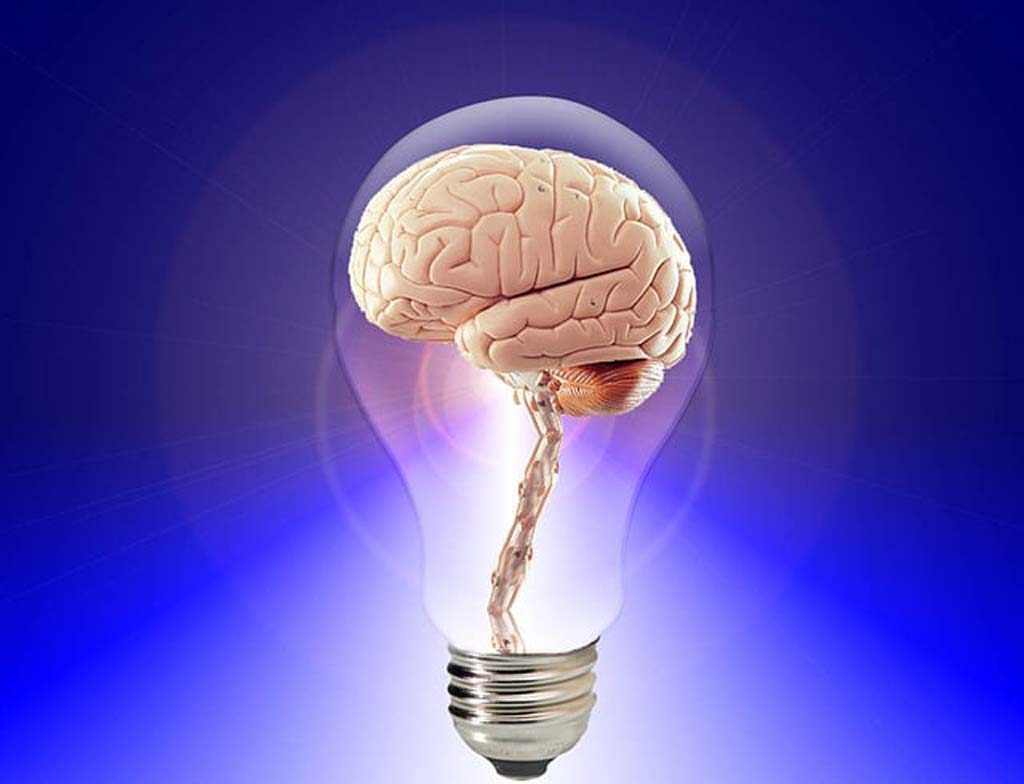
There is general agreement among psychologists that intelligence is composed of two components: fluid intelligence and crystallized intelligence. Fluid intelligence is related to neural efficiency, manifest in the ability to learn quickly, solve problems, comprehend abstract ideas, and retain information in short-term memory long enough to make connections. The more efficiently the brain is “hard-wired” in its neural connections, the greater the fluid intelligence.
While it is generally believed that a person’s fluid intelligence is mainly determined by the genes they inherit, some recent studies reveal that we can actually improve our IQ through our formative years, and the earlier the better. It is during our early formative years that our brains produce neural connections (synapses) at a prodigious rate, pruning the connections that are not used and building strong networks around those that are stimulated by the environment. By the time we enter puberty, a major portion of the neural connectivity is slowing, but it is still possible to increase our IQ through intellectual stimulation.
Recent research involving a group of secondary school students showed that some students showed an increase of as much as one standard deviation in IQ (15 points) over a period of 3 years through increased learning activities. However, most students showed only modest increases in IQ. The significant increases in IQ were also evident in changes in brain structure evident in MRI scans. The study involved a small sample and would require replication on a much larger group to become a general finding.
Even though the brain has more plasticity before adulthood, it is always rewiring itself to internalize new learning and store it in memory. An example of the effect of a significant rewiring in the adult brain was evident in the brain scans of cab drivers in London.
Training to become a licensed cab driver in London, where a labyrinth of 25,000 streets is situated within a 6-mile radius of the Charing Cross train station, is a significant mental challenge. Before navigation systems were installed in cars, trainees typically spent 4 to 5 hours per day over a 3-year period rehearsing routes on mopeds to more than 20,000 different landmarks. Since few occupations in life require such a heavy load on memory, two psychologists Eleanor Maguire and Katherine Woollett at University College London conjectured that the brain structure of the London cabbie might be altered by this intense training.
The neuroscientists tested 59 cabbies at the beginning and end of their 3-year training period and discovered improvements in spatial memory resulting from the training. Furthermore, MRI scans revealed that these cognitive improvements were mirrored in changes to the hippocampal structure of the brain. Publishing their findings in 2000, the researchers explained:
We conclude that specific, enduring structural brain changes in adult humans can be induced by biologically relevant behaviors engaging higher cognitive functions such as spatial memory, with significance for the “nature versus nurture” debate.
In essence, this research showed that the adult brain has a degree of plasticity that enables it to reshape itself in response to environmental stimuli. The “take home message” is that we continue to evolve mentally and physically throughout our lifetime. However, the best time for us to bring about significant changes in our fluid intelligence occurs during our formative years. Crystallized intelligence, on the other hand, represents the accumulated experience and knowledge that underpins comprehension and judgement–cognitive abilities that grow and mature over time. As Aristotle observed over 2300 years ago:
Although the young may be experts in geometry and mathematics and similar branches of knowledge, we do not consider that a young man can have prudence. The reason is that prudence includes a knowledge of particular facts, and this is derived from experience, which a young man does not possess; for experience is the fruit of years.
Indeed, there is no substitute for the “fruit of years” in the acquisition of judgment and wisdom.
